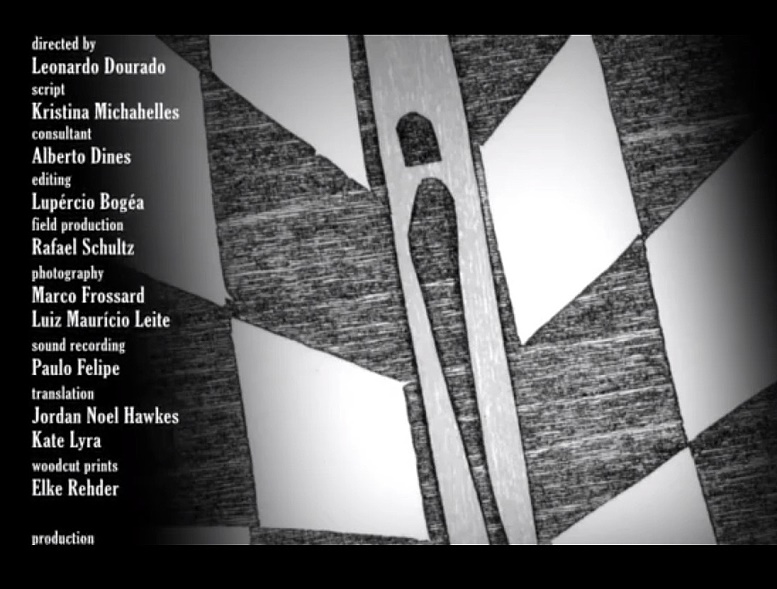

Dull-witted in all but chess, he entertains himself on board by allowing others to challenge him in the game, before beating each of them and taking their money. Chess world champion Mirko Czentovic is travelling on an ocean liner to Buenos Aires.

One of the most perfectly gripping novellas from a master of the form, Stefan Zweig. And how intrigued such a physiognomist would have been by the case of Czentovic, where that specific genius appeared in a setting of absolute intellectual lethargy, like a single vein of gold in a hundredweight of dull stone.An epic chess match on a transatlantic liner unearths a story of persecution and obsession. In the old days of the enthusiasm for physiognomy, a physician like Gall might perhaps have dissected a chess champion’s brain to find out whether some particular twist or turn in the grey matter, a kind of chess muscle or chess bump, is more developed in such chess geniuses than in the skulls of other mortals. Where does it begin and where does it end? Every child can learn its basic rules, every bungler can try his luck at it, yet within that immutable little square it is able to bring forth a particular species of masters who cannot be compared to anyone else, people with a gift solely designed for chess, geniuses in their specific field who unite vision, patience and technique in just the same proportions as do mathematicians, poets, musicians, but in different stratifications and combinations.

“And are we not guilty of offensive disparagement in calling chess a game? Is it not also a science and an art, hovering between those categories as Muhammad’s coffin hovered between heaven and earth, a unique link between pairs of opposites: ancient yet eternally new mechanical in structure, yet made effective only by the imagination limited to a geometrically fixed space, yet with unlimited combinations constantly developing, yet sterile thought that leads nowhere mathematics calculating nothing art without works of art architecture without substance – but nonetheless shown to be more durable in its entity and existence than all books and works of art the only game that belongs to all nations and all eras, although no one knows what god brought it down to earth to vanquish boredom, sharpen the senses and stretch the mind.


 0 kommentar(er)
0 kommentar(er)
